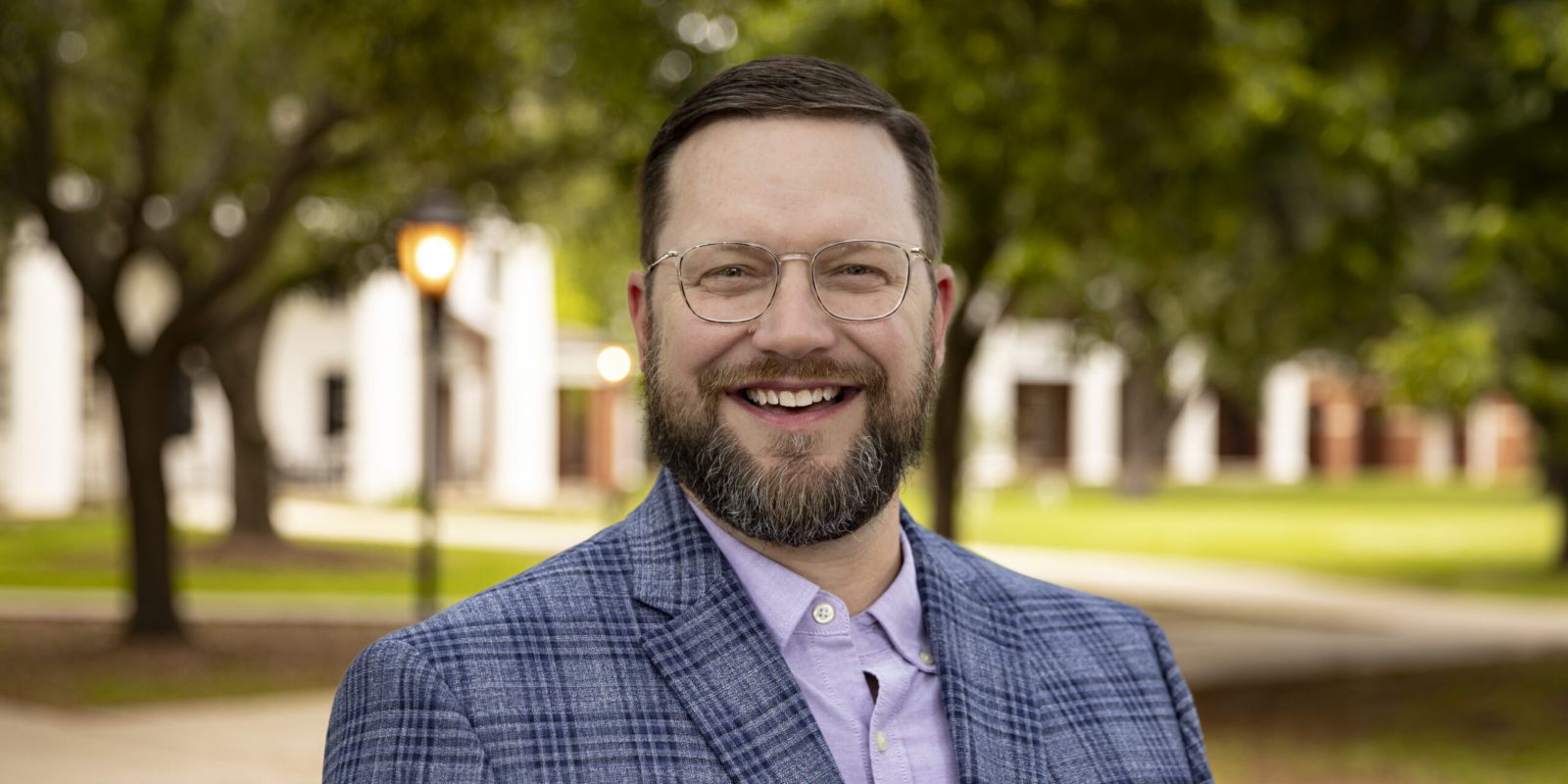by Bailey Jarnagin
CLEVELAND, Ga (TMNews) – Truett-McConnell College frequently acknowledges the impact of the Anabaptist martyrs’ lives on the Baptist faith. On January 21, 2016, the weekly chapel service was dedicated to discussing the Anabaptist heroes and the power of the Gospel that was exemplified in their lives.
TM President Dr. Emir Caner opened by reading the Great Commission from Matthew 28:18-20. “For many this is their life verse,” said Caner. “For the Anabaptists, that was their verse; that is what they based their lives upon.”
Inspirations in life and in death
The Anabaptists were named for their unconventional belief of being re-baptized upon knowingly accepting Jesus Christ as Lord. They experientially understood what it was to be persecuted for their faith. Many Anabaptists were persecuted and killed about eighteen months after re-baptism.
“At first what inspired me was their death,” shared Caner. “The more I invested in them and studied them, it wasn’t just how they died that gave me inspiration. More so, it was how they lived.”
Students received insight into the lives of the heroes of their faith from a panel of three leading Anabaptist scholars: Dr. Maël Disseau, Associate Professor of Christian Studies; Dr. Michael Whitlock, Assistant Professor of Christian Studies; and Dr. Jason Graffagnino, Assistant Professor of History and Christian Studies.
Value in believers’ baptism
Caner addressed the basis of the Anabaptists’ conversion when he asked the panel why anyone would give their life to be baptized. Disseau answered, “We believe the Gospel has called us to be baptized.”
Whitlock continued, “In Matthew 10:32 Jesus says, ‘Therefore, everyone who confesses me before men, I will also confess them before my Father who is in Heaven, but anyone who denies me before men, I will also deny before my Father who is in Heaven.’ Our baptism as a believer in Christ is our confession to the world.”
The panel was then asked to compare the modern church with the Anabaptist church. “The free church is what the Anabaptists rebirthed,” explained Graffagnino. “Freedom from coercion…the free-church is a representation of that. It’s about having the volition to choose to accept the faith.”
Disseau elaborated, “These are people who met two or three times a week, not because they had to, but because they wanted to. They wanted to encourage one another. For them, living the Christian life was a death sentence, and because of that, community was central to who they were. One thing I miss in the church today is community.”
Duty of discipleship
Caner projected the colloquial term ‘discipleship’ and asked the panel what the term meant to the Anabaptists.
“For them, discipleship was complete surrender,” defined Whitlock. “As soon as they decided to submit to baptism and identify with Jesus, they were on the hit list. The reason why that idea was so important is because they realized true followers of Christ had to be all in. God had called them to lay down their lives for the gospel.
Disseau continued on to emphasize the vitality of Scripture in the everyday lives of the Anabaptists: “Scripture was transformative to them and was central to what they meant and what they did. Scripture told them there would be suffering and they said, ‘I’m going to be baptized by the Spirit, I’m going to be baptized by the water, and then I’m going to be baptized by blood.’”
Caner compelled the students and faculty to consider whether or not they would be willing to suffer for Christ as the Anabaptists did.
“We as Americans don’t have a very good grasp of what suffering is,” Graffagnino contemplated. “I don’t know if we are capable of facing suffering and holding steadfast. The challenge for us is to realize, ultimately, all that someone can take from us is our physical life. The Anabaptists actually grasped that.”
Christ-centered motivation
Finally, Caner asked the panel to explain the galvanizing force behind the Anabaptist’s desire to evangelize the lost. Whitlock stated, “At the basis their motivation was that Christ gave His life for all of humanity, and they also were willing to give their lives so that people would know the Gospel.”
“I’m afraid that when persecution comes, not if, but when persecution comes to America, some of you will walk away,” Disseau added. “I pray that you don’t. I pray that the Gospel has so transformed you that you will stand firm in the faith. I pray that I will stand firm in the faith. There is only one kingdom that is worth being a member of, and that’s the Kingdom of God.”
Graffagnino said, “When I was in seminary, I was at a chapel service much like this, and there was a Chinese man there who was speaking about persecution in China. Our president at the time prayed before the speaker got up to preach, and in his prayer he prayed for persecution in China to end.”
He added, “The Chinese pastor walked up to the pulpit and said, ‘Thank you, Mr. President, for your prayers. I suppose we’re going to find out whose prayers God is going to answer. You’re praying for persecution to end in China, where the believers in China are praying for persecution to begin in the United States. Where persecution is heavy, that’s where Christianity flourishes.’”
The Anabaptist heroes were ones who completely surrendered themselves to Christ and lived in such a way that the Gospel was evidenced in their day to day lives. “They are heroes to us because God took that which was foolish to the world and made it strong in the eyes of Him who created them,” Caner concluded. “Is that you?’
###
Bailey is a senior English major and a freelance writer for the college.
Photo/Adam Roark/Truett-McConnell Design Manager
Return to News Archive